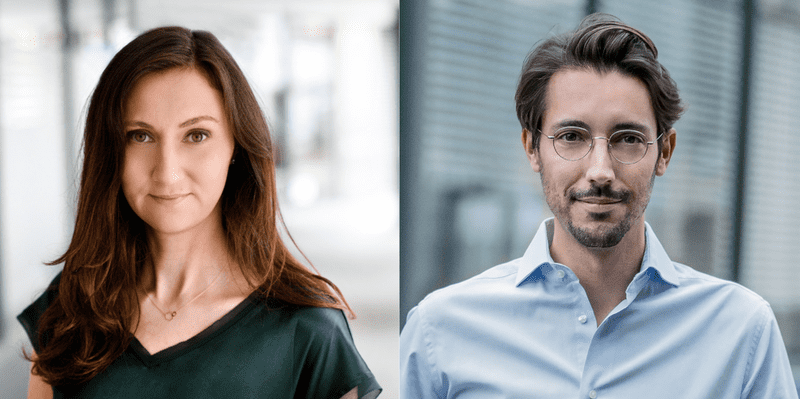Apollo Health Ventures has positioned itself to place a fresh round of bets on age-related disease biotechs, raising $180 million to funnel into companies targeting everything from cardiovascular conditions to neurodegenerative diseases.
The transatlantic fund takes a fairly broad view of age-related diseases, casting its net beyond the longevity niche to cover all projects that further its aim of extending human health span. Working out of offices in Boston and Berlin, Apollo is seeking to use its second fund to support the translation of scientific advances in our understanding of how aging drives negative health outcomes.
“The research has strengthened around the aging pathways. There’s now really significant knowledge on the pathways leading to tissue damage. We also noticed that the enabling technologies such as single cell analytics, or even AI-assisted single cell analytics, contribute to the knowledge of what is really going on, and what kind of mechanisms are leading to dysfunction on a tissue level,” Marianne Mertens, Ph.D., a partner at Apollo, said.
Mertens, who recently joined Apollo from Wellington Partners, sees the increase in knowledge of the basic biology and the emergence of enabling technologies combining to accelerate the diagnosis of age-related conditions, empowering researchers to target earlier stages of diseases before symptoms have built up.
Apollo plans to use the $180 million fund to invest in 10 to 15 companies. The companies will be a mix of startups that Apollo helps create, leveraging its ties to leading aging institutes in Europe and the U.S., and existing biotechs. Apollo isn’t targeting a specific split between internal and external opportunities, but the company creation side of the operation is important to the firm, with Mertens predicting it will ultimately account for at least half of the fund.
“Often our deal flow starts with a certain hypothesis. The first task is always who’s written the most and the best papers about it, get in touch with them and see what are the most interesting questions, usually what’s not in the paper. We go out to the scientist and pitch them certain ideas, they come back with certain ideas that they have, and that way we’re in constant exchange with KOLs that lead to new ideas and companies,” Steven Leunert, Ph.D., chief financial officer at Apollo, said.
Apollo’s company-creation machine is up and running. So far, Apollo has used its latest fund to set up five companies and invest in a sixth biotech, Haya Therapeutics. Haya broke cover earlier this year with $20 million in seed funding and plans to target long non-coding RNAs to treat fibrosis and other age-related diseases.

